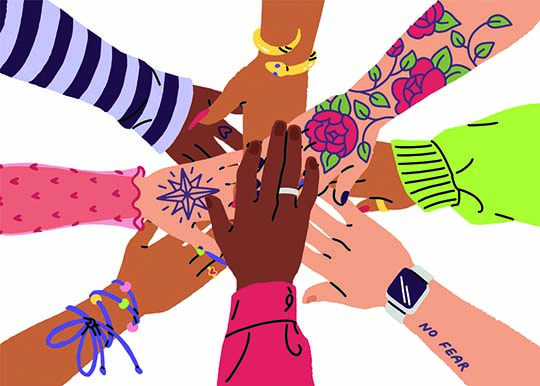Common Risk Factors When it comes to kids and alcohol, parents can’t gaze into a crystal ball to find out whether their kids will face problems with drinking or drugs...
Common Risk Factors
When it comes to kids and alcohol, parents can’t gaze into a crystal ball to find out whether their kids will face problems with drinking or drugs in their teenage years. But there are biological and environmental factors to watch out for to help you figure out if your child may be at a greater risk.
Keep in mind risk factors do not determine a child’s destiny — instead, they provide a general gauge as to the likelihood of drug or alcohol use. It is safe to say by addressing risk factors early and paying careful attention to children at higher risk can reduce a child’s likelihood of a future problem. Understanding risk factors is important.
Family History
Family history of addiction can place a child at increased risk. While there is a stronger biological risk if a child’s parents have addiction problems, he or she is still at an elevated risk if an aunt, uncle, grandparent or cousin has an addiction or is in recovery. Inheriting the gene does not mean the child will automatically become dependent — no single risk factor determines a child’s destiny. If there is a history of a dependence or addiction in your family, let your child know since he or she is at a higher risk for developing a problem. These conversations should take place no later than the pre or early teen years.
Mental Health or Behavioral Issues
If your child has a psychiatric condition like depression, anxiety or ADHD, he or she is at more risk for a problem. Although not all teenagers with these disorders will develop a substance use problem, the chances are higher when they have difficulty regulating their thoughts and emotions. Parents with children with psychiatric conditions should be vigilant about the possibility of their teen using drugs or alcohol. Talk with your health care provider.
Trauma
Children with a history of traumatic events (such as witnessing a car accident, experiencing a natural disaster, being a victim of physical or sexual abuse, etc.) have been shown to be more at risk for substance use problems Parents need to recognize the possible impact of trauma on their child and get professional help.
Why Do Teens Use?
Other People
Teenagers see their parents or adults drinking alcohol, smoking cigarettes and, sometimes, trying other substances. Sometimes friends urge one another to have a drink or smoke pot, but it’s just as common for teens to start trying a substance because it’s available and they see all their friends enjoying it.
Pop Culture
Forty-five percent of teens agree with the statement “Movies and TV shows make drugs seem like an okay thing to do.” (PATS 2012) So be aware of the media that your son or daughter is consuming and talk to them about it.
Escape and Self-Medication
When teens are unhappy and can’t find a healthy outlet for their frustration they may turn to chemicals for solace. The rough teenage years can take an emotional toll on children, sometimes even causing depression, so when teens are given a chance to take something to make them feel better, many can’t resist.
Rebellion
Alcohol is the drug of choice for an angry teenager because it frees them to behave aggressively.
Instant Gratification
Teenagers turn to drug use because they see it as a short-term shortcut to happiness.
Lack of Confidence
Many shy teenagers who lack confidence report that they’ll do things under the influence of alcohol or drugs that they might not otherwise.
Misinformation
Perhaps the most avoidable cause of substance use is inaccurate information about drugs and alcohol. Nearly every teenager has friends who claim to be experts on various recreational substances, and they’re happy to assure her that the risks are minimal. Educate your teenagers about drug use, so they get the real facts about the dangers of drug use































